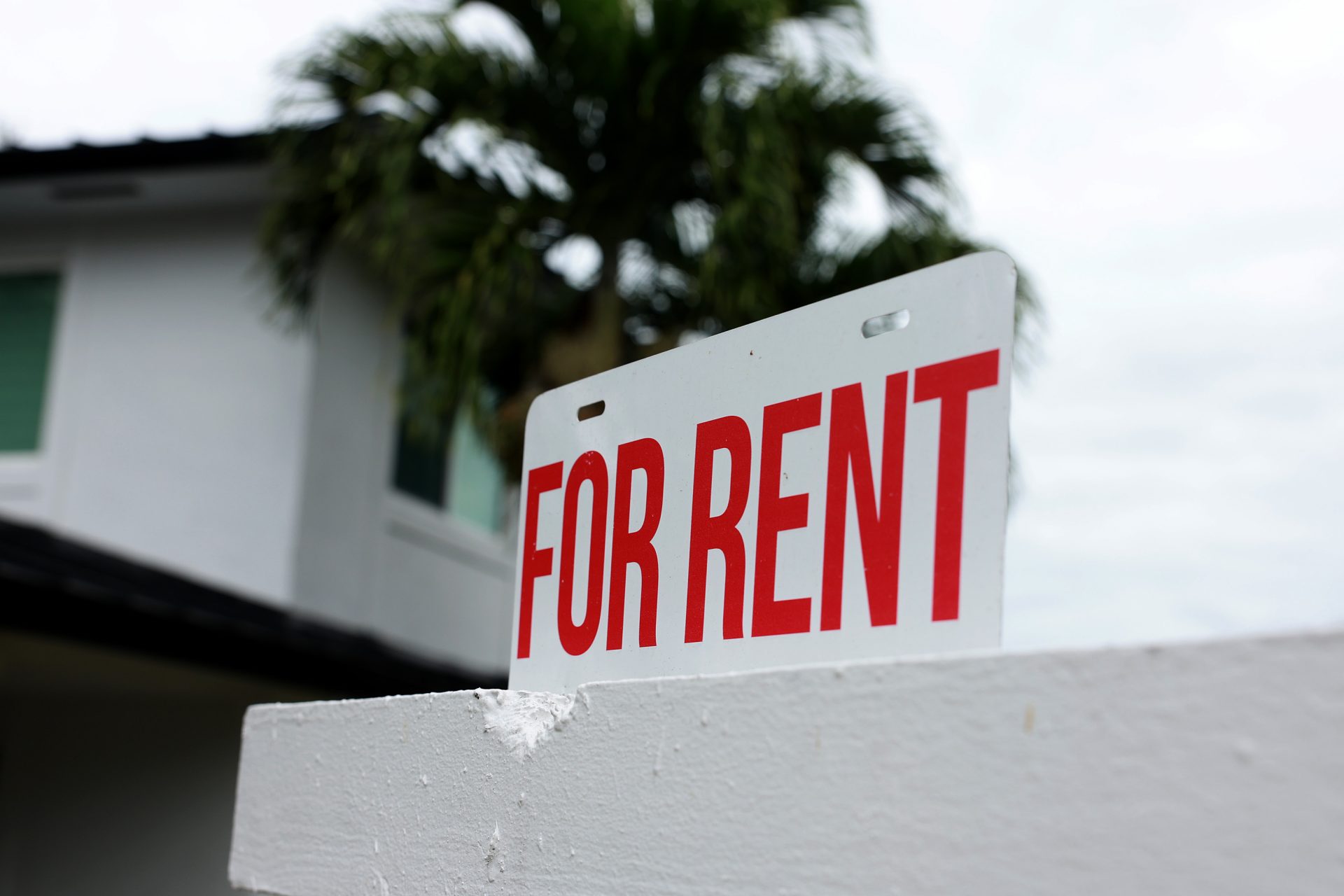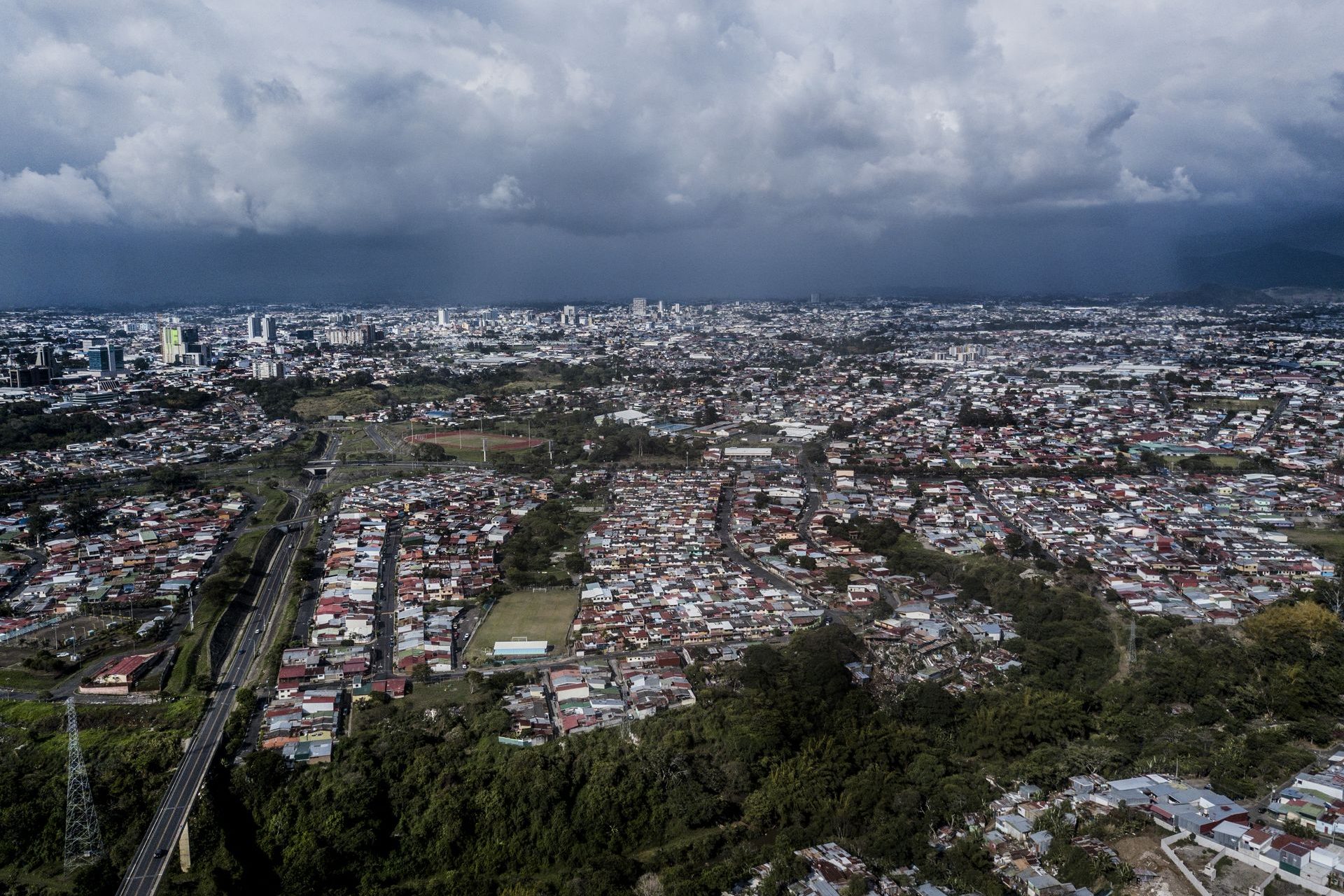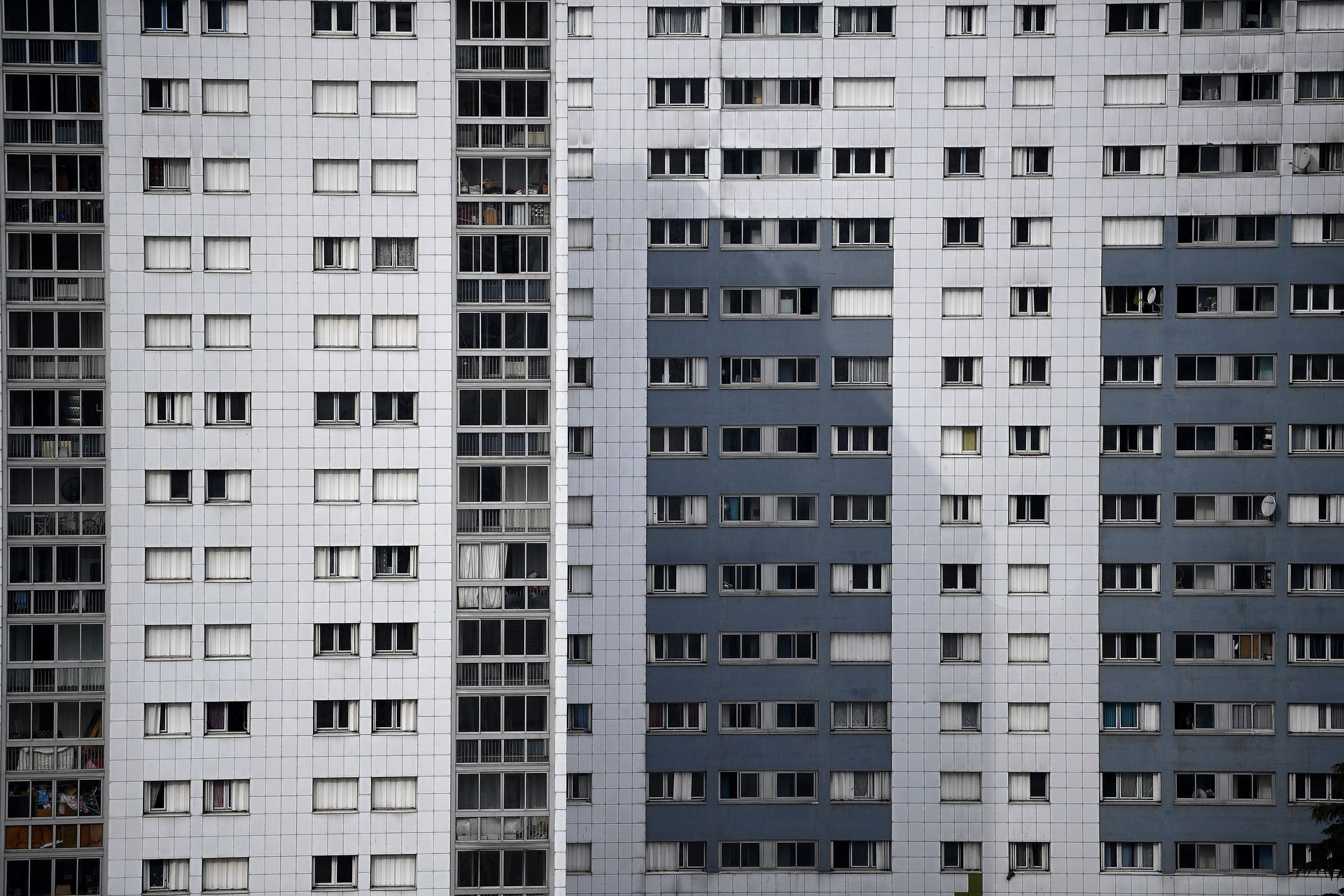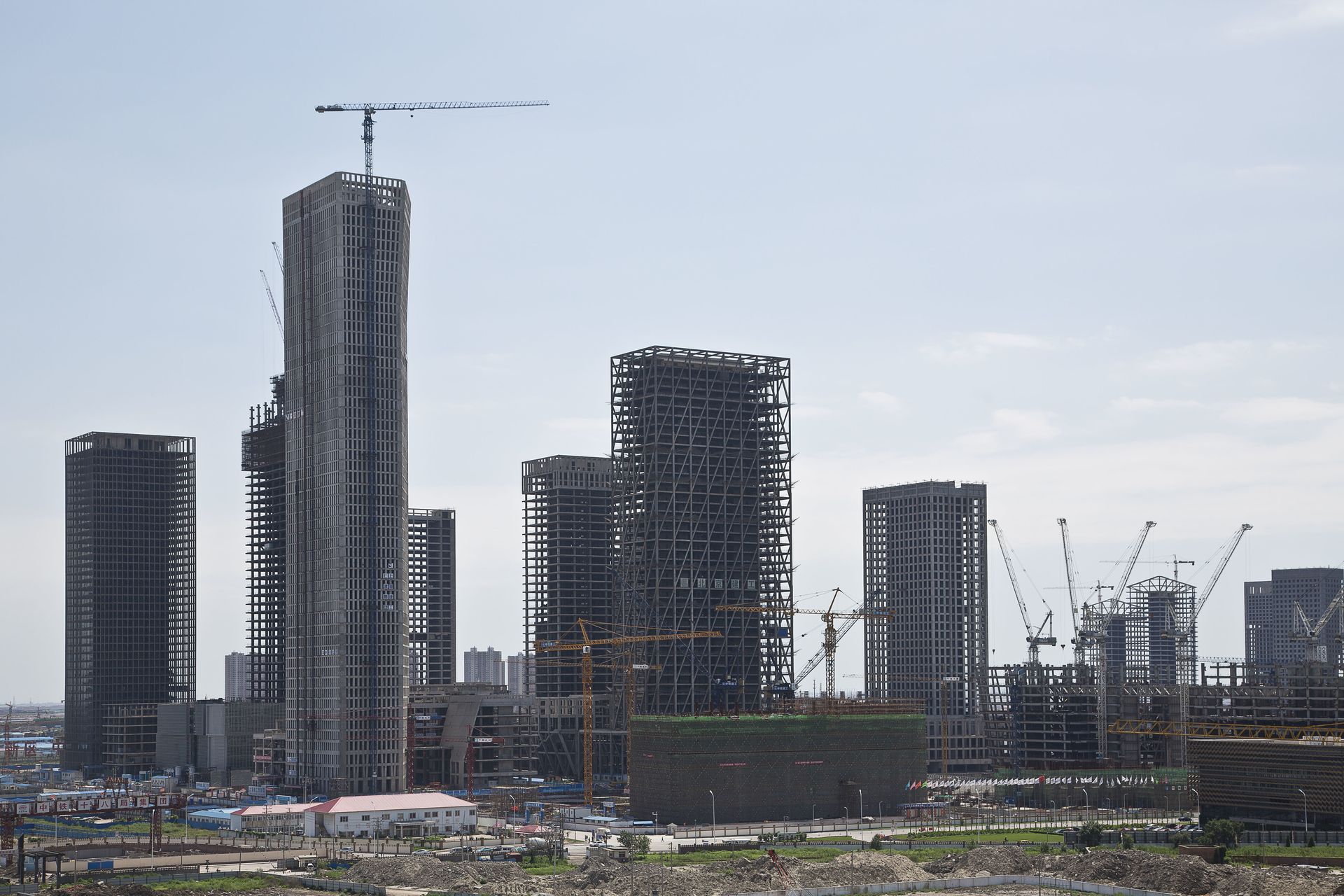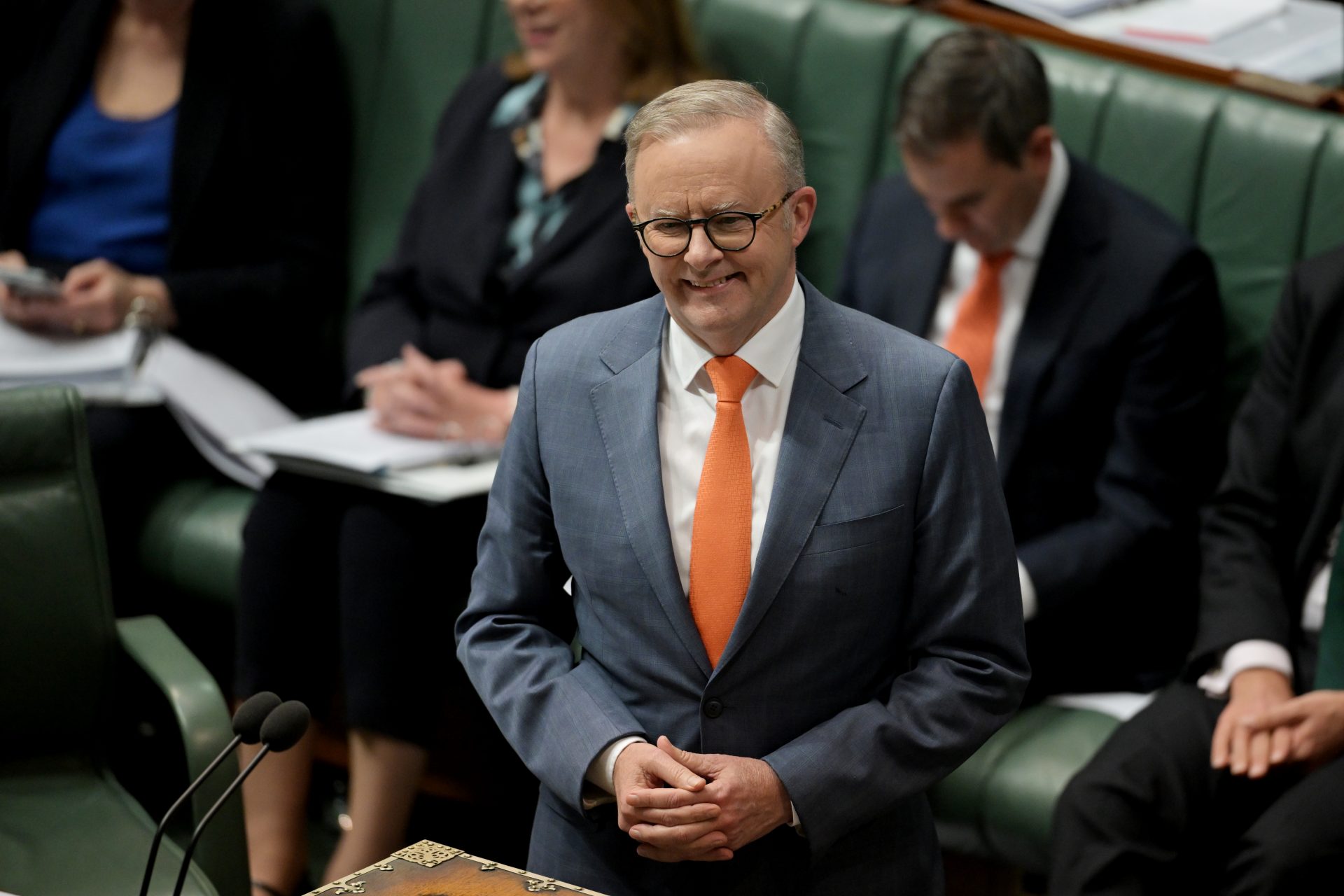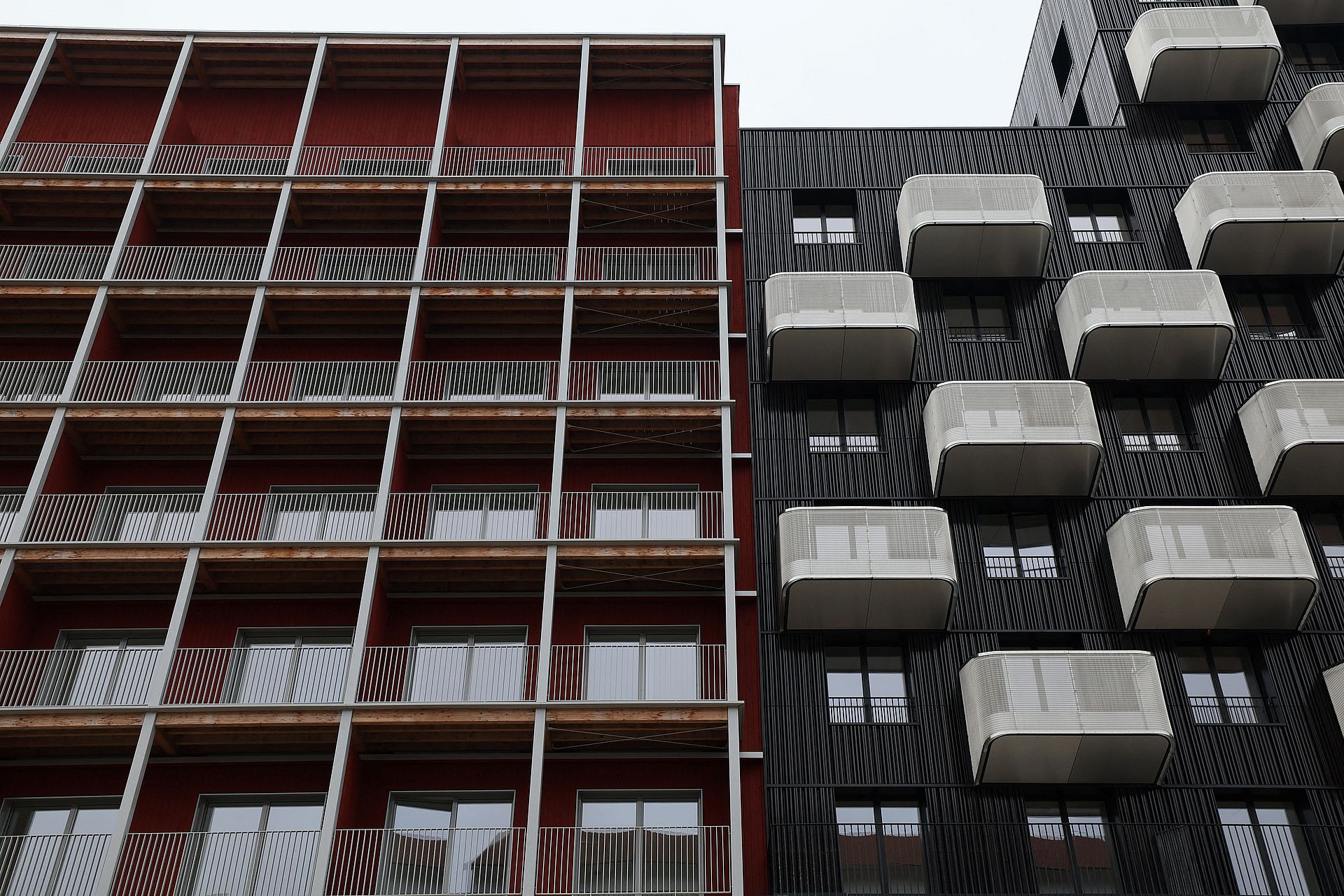Possible solutions to the global housing crisis
Housing access is becoming a critical issue worldwide, constantly making the headlines of newspapers all over the world and becoming a hot political topic in many countries.
In the US, a survey by Redfin found that housing affordability influenced the voting decisions of 53% of people in the country.
Globally, around 1.6 billion people live in precarious or inadequate housing. A figure that could double by 2050, due to accelerated urbanization and population growth, according to Statista.
The UN estimated that 1.06 billion people lived in slums worldwide in 2023. In sub-Saharan Africa and South Asia, more than half of the urban population lives in this type of housing, with a sad record of 82% in Chad.
In Ivory Coast, "eviction" operations are increasing: this involves the expulsion of residents from a neighborhood, prior to redevelopment work on the premises.
Those affected do not benefit from new housing and do not always receive due compensation. But even if they do, it’s very low: 250,000 CFA francs (around 395 US dollars), according to French news outlet ‘Le Monde’.
Spanish Prime Minister Pedro Sanchez recalled this year that house prices had increased by 48% in Europe over the last decade, almost twice as fast as household income, ‘El País’ reported.
Big cities are hit the hardest by this phenomenon. In the United Kingdom, a police officer living in London spends on average more than half of his salary just to pay his rent, ‘Radio-Canada’ noted.
In addition to skyrocketing prices, residents of major cities are faced with a scarcity of available housing, as evidenced by long lines for apartment viewings.
Owners of a 10 square meter room, which was used as a maid’s room in ancient times in the center of Paris, offered it at 490 euros per month (510 USD) and quickly got 148 responses from interested people, the owners told ‘Le Monde.’
But, what are the causes of this crisis common to such different territories? Lack of investment, insufficient construction rates in the face of population growth and real estate speculation are among the most frequently cited factors.
Short-term rental accommodation, particularly in touristic cities and towns, is also being singled out by some elected officials as one of the causes of the housing crisis in urban areas.
What are the possible solutions to this complex problem? While the crisis is difficult to eradicate quickly, there are several ways to try to stem it, experts say.
In France, some property developers are building smaller houses to adapt their offering to tight budgets, such as the Hexaom group, which offers 50 square metre houses starting at 80,000 euros (excluding land prices).
"I'm single, I didn't need anything bigger and the price was also a factor," the buyer of a 61 square metre house (nearly half the national average) for just 122,000 euros in the north of France explained to ‘Le Monde’.
To put more housing back on the market, some are proposing to regulate seasonal rentals, particularly on Airbnb, through additional taxation or a cap on the number of nights per year for each owner.
Another solution implemented in several cities, such as Berlin, Amsterdam or Paris, is to regulate the increase in rents. The immediate price reduction can, however, go hand in hand with a reduction in supply or an increase in prices in the surrounding area.
In Spain, the government recently announced a housing recovery plan that includes a tax on real estate speculation and tourist accommodation, modernization of the construction sector, increased aid for tenants and tax exemptions for owners who put empty homes back on the market at low prices.
In Australia, the government launched a policy of bonuses of up to 3 million Australian dollars in 2023, paid to the territories that build the most new homes. The authorities are aiming for 1.2 million new homes over five years in the country.
"We know there is no simple one-day, one-week or one-month solution to the housing problem that is a long-term supply problem," Australian Prime Minister Anthony Albanese said, as quoted by ‘Radio-Canada’.
The politician said that increasing supply is "the key to lowering rents and helping tenants." However, some big cities can’t afford to keep building, so each country has to come up with solutions that fit their territory best.
More for you
Top Stories




